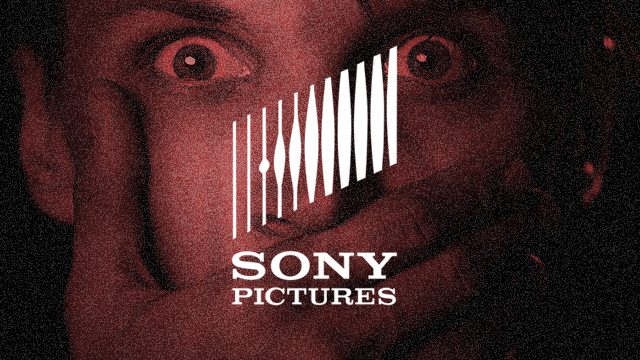As more and more details from the Sony Pictures hack seep out into the internet, it’s been easy — and to be honest a little fun — to take the voyeur’s view. Dumb corporate powerpoints! Passwords in a folder literally called Password! Paul Blart 2 anything! But then you actually look at the full scope of what’s out there and holy shit.
Most of the headlines surrounding the Sony documents and emails and slides and scripts have focused on the company itself, or celebrities. Nobody likes Adam Sandler, Tom Hanks calls himself Johnny Madrid at hotels. It’s bad, but will be weathered. Tom Hanks can call himself something else tomorrow; Adam Sandler will always have Billy Madison. If that were all that had been exposed, it would be enough to make this one of the worst corporate hacks in history.
But the real reason the Sony hack should keep you up at night isn’t because some marketing exec’s presentation made you giggle. It isn’t because the hackers wanted to kill a Seth Rogen movie. The scariest part of what happened is the collateral damage, the Sony civilians whose entire digital lives have been exposed to the world.
The most painful stuff in the Sony cache is a doctor shopping for Ritalin. It’s an email about trying to get pregnant. It’s shit-talking coworkers behind their backs, and people’s credit card log-ins. It’s literally thousands of Social Security numbers laid bare. It’s even the harmless, mundane, trivial stuff that makes up any day’s email load that suddenly feels ugly and raw out in the open, a digital Babadook brought to life by a scorched earth cyberattack.
These are people who did nothing wrong. They didn’t click on phishing links, or use dumb passwords (or even if they did, they didn’t cause this). They just showed up. They sent the same banal workplace emails you send every day, some personal, some not, some thoughtful, some dumb. Even if they didn’t have the expectation of full privacy, at most they may have assumed that an IT creeper might flip through it, or that it was being crunched in an NSA server somewhere. For better or worse, we’ve become inured to small, anonymous violations. What happened to Sony Pictures employees, though, is public. And it is total.
You may assume you’d be fine in the same scenario, that you have nothing to hide, that you wouldn’t mind. But just take a look through your Sent folder’s last month. Last week. Yesterday. There’s something in there you wouldn’t want the world to see. There’s some conversation that would be misread without context, or read correctly for its cloddishness. Our inboxes are increasingly our id, a water cooler with infinitely expandable memory.
If there’s any positive outcome from all of this, it’s the brute-force reminder that we’re all vulnerable in ways we don’t even realise. The best we can do — the deeply imperfect solution we’re left with — is to be aware of what we say at all times. To assume no private moments, at least not on any screen. Information doesn’t have to be incriminating to be embarrassing; it doesn’t need intent to be cruel.
